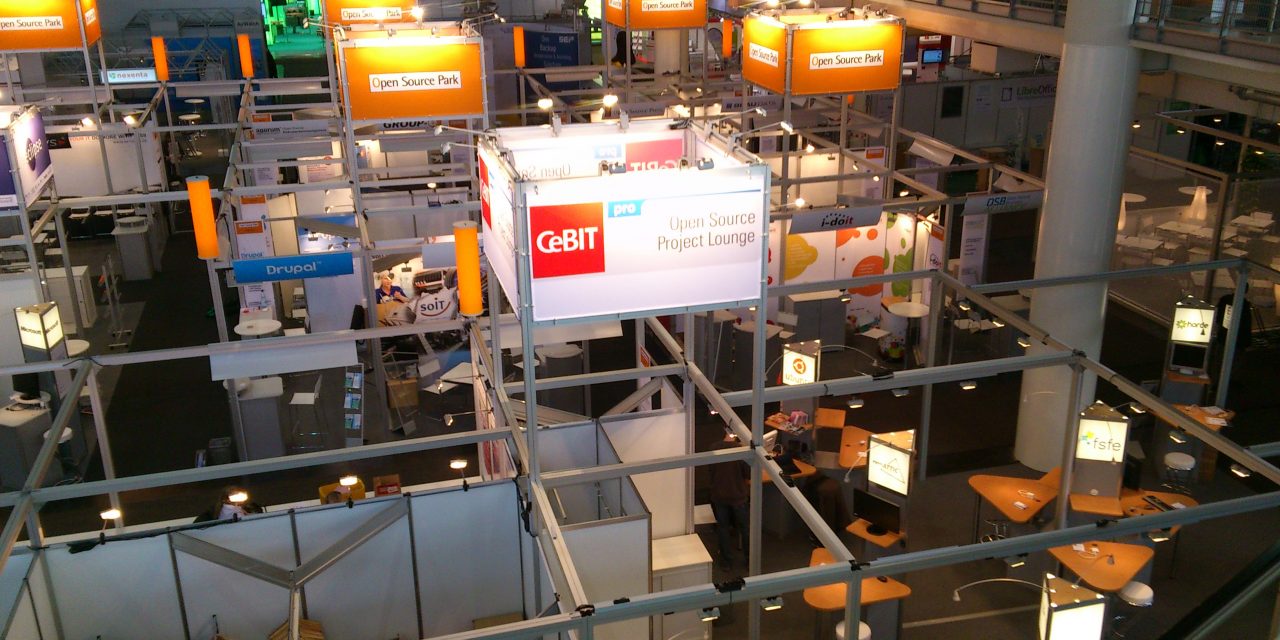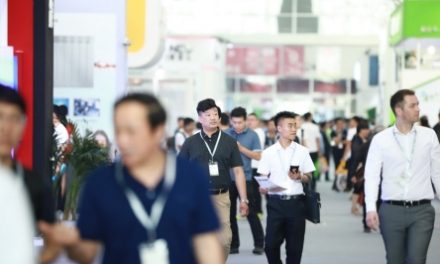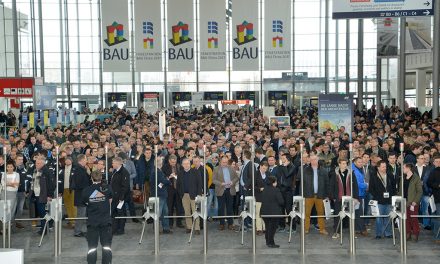Japan is one of the front runners in the high-tech sector, invests billions in research and development, and is home to the current winner of the Nobel Prize for medicine. In short, the nation is a driver of innovation and a pioneer in the field of technology, science and digitalization. In March of 2017, Japan takes center stage as the official Partner Country for CeBIT in Hannover, Germany.
Partner Country Japan a major player at CeBIT 2017 ‒ more than 100 exhibitors expected
In only five months from now the world’s leading event for digitalization will be welcoming the high-tech nation Japan as the official Partner Country for CeBIT 2017 in Hannover. “Japan is a world leader in digitalization. We are proud to be able to welcome this nation as our official Partner Country for the show,” said Oliver Frese, the Managing Board member at Deutsche Messe responsible for CeBIT, in Tokyo on Thursday. “With its traditional strong affinity for technology and an impressive commitment to ongoing innovation, Japan will showcase its capabilities as a high-skill and data-driven research nation which is playing a key role in shaping the age of digitalization.”
To mark Japan’s upcoming presentation as the official Partner Country for CeBIT 2017, the German Embassy in Tokyo – together with the Premier of the German state of Lower Saxony, Stephan Weil, and Deutsche Messe AG – had invited senior business and political figures from Japan and Germany to an evening reception in connection with Weil remarked: “Lower Saxony and its capital city of Hannover are very much looking forward to Japan’s showcase at CeBIT 2017. And for me it will be a special honor next March to welcome not only a great many Japanese exhibitors to the exhibition center, but also many high-ranking Japanese delegates. Particularly in economic terms, Japan and Germany have a lot in common. Germany’s decision-makers would be well advised to take a close look at what they can learn from their Japanese counterparts.” In this respect, Japan’s partnership with CeBIT offers a lot of promising opportunities. Weil continued by saying: “Japan’s Hannover showcase and the many high-level talks that will take place between government and business leaders will certainly serve to further the already close and mutually fruitful ties cultivated for many years between Japan on the one hand and Hannover, the state of Lower Saxony and Germany on the other.”
Frese also addressed the gathering: “The increasingly close relationship between Japan and Germany is also underlined by the presence of senior politicians at CeBIT in Hannover. The Japanese Prime Minister, Shinzō Abe, was personally invited by German Chancellor Angela Merkel to open CeBIT with her,” Frese noted. “He will be accompanied on his visit to Hannover by a distinguished business delegation, which means that we can expect to see numerous CEOs of Japanese high-tech companies from the IT industry and other user sectors at next year’s CeBIT.”
Prime Minister Abe will also be meeting Günther Oettinger, the EU Commissioner for Digital Economy and Society, at CeBIT 2017. On the first day of the show, Oettinger will host the conference on progress towards the European Digital Agenda for the second time in Hannover.
The Japanese presence at CeBIT will be substantially larger than in previous years: Deutsche Messe is expecting more than 100 companies and organizations from Japan to exhibit at CeBIT 2017. The Japanese Pavilion will be in Hall 4. In addition, numerous companies from the “land of the rising sun” will have separate presentations of their own in the relevant sections of the show. Focus topic areas among Japanese exhibitors will be the Internet of Things and the SME business sector.
How far Japan has already anticipated the future is demonstrated by Professor Hiroshi Ishiguro, one of the speakers at the 2017 CeBIT Global Conferences, who is scheduled to speak on the second day of the show, Tuesday, 21 March. Ishiguro is Director of the Intelligent Robotics Laboratory in the Department of Adaptive Machine Systems at the University of Ōsaka. Amongst other achievements, he has developed a humanoid robot that looks like himself. Ishiguro is interested in the future of a world controlled by technology, and one of the questions he asks is: “Are human beings becoming obsolete?”
Another high point of Japan’s presentation at CeBIT is the “Japan- Germany ICT Summit” on the opening day of the show, Monday, 20 March. The purpose of this event is to strengthen cooperation in the field of information technology, to discuss new opportunities for future collaboration, and to promote two-way investment by business enterprises. Taking part will be representatives of pioneering German and Japanese IT companies, as well as senior government figures.
Diplomatic relations between Germany and Japan have existed now for 155 years. Japan is one of Germany’s most important trading partners in the Asian region. In 2015, trade between Germany and Japan was worth around 40 billion euros. While Japan imported products from Germany to the value of almost 17 billion euros, Japanese products sold on the German market were worth more than 22 billion euros.
In addition to government-level agreements, there are currently over 300 cooperation agreements between German and Japanese universities and tertiary institutions, as well as numerous joint projects and other formal arrangements for cooperation between non-universit








